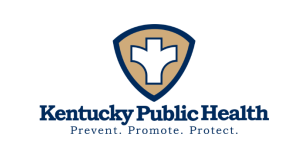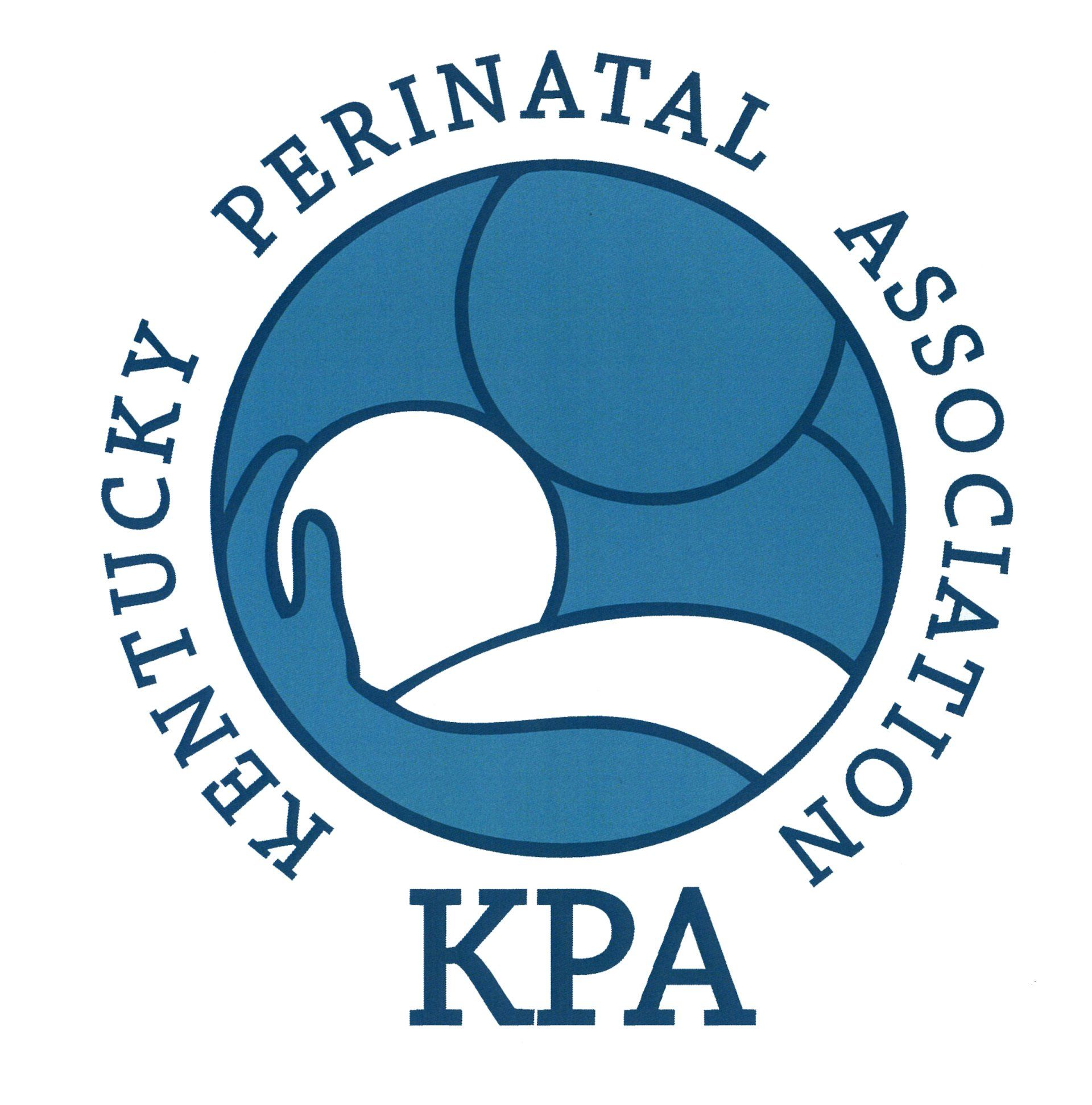
KENTUCKY HEALTH ALERT
Increase in Congenital Syphilis in Kentucky
Recommendations for Identification and Prevention
December 15, 2023
Congenital syphilis rates have risen 755% since 2012 nationwide, with the highest increase occurring in the Southeastern United States. During the past decade in Kentucky, syphilis rates have risen 1650% and the number of reported cases of congenital syphilis has risen from 2 cases in 2012 to 35cases in 2022. To date, 28 cases of congenital syphilis have been reported this year in Kentucky, including one stillborn infant. Congenital syphilis is preventable, but can lead to still birth, blindness, deafness, developmental delay, and other lifelong effects if left untreated. Because nearly half of all infant births in Kentucky are covered by Kentucky Medicaid, Medicaid and public health leaders have been working together to strategize how best to address this critical issue in conjunction with others from across the US Southeast region.
The Kentucky Department for Public Health (KDPH) strongly encourages providers to do the following:
• Conduct routine syphilis testing in pregnant individuals at three time points: 1) the first prenatal visit; 2) between 28-32 weeks gestation; and 3) at delivery, regardless of perceived risk. Pregnant individuals should also be screened more frequently if clinically indicated, or if a patient expresses concern, regardless of healthcare setting (i.e., ED, urgent care, primary care).
• Discharge newborns only after the birthing parent’s delivery syphilis test results are known. Pregnant people or infants that test positive for syphilis require immediate treatment, per current guidelines.
• Report suspected or confirmed syphilis or congenital syphilis cases within one (1) business day to the local public health department of the county in which the patient resides.
Kentucky health care providers in all practice settings play vital roles in reducing the rates of congenital syphilis. Lack of formal prenatal care can be a barrier, which is why it is important for medical professionals who care for pregnant individuals in any setting to be mindful of the risk of congenital syphilis and act accordingly.
Clinicians should complete a sexual and social health history for all patients to identify risks. They should offer and encourage screening for sexually transmitted infections (STIs), including syphilis screening, for all sexually active people aged 15-44 years of age, especially in counties with high rates of syphilis in people who identify as women. Patients who test positive for STIs should be advised to notify all sex partners of their exposure to prevent re-infection. People can anonymously notify sex partners using www.tellyourpartner.org.
KDPH and the Kentucky Department for Medicaid Services are working closely with Southeastern states to strategize and execute best practices to combat the congenital syphilis crisis. Together we will reduce the rates and devastating consequences of congenital syphilis in our communities.
https://www.chfs.ky.gov/agencies/dph/dehp/idb/Pages/std.aspxNew Paragraph
